The tension ran high in the Overwatch League’s week eight Hero Pool draw on the night of March 29. Luck alone would determine which heroes would be removed from play for the next seven days. Ballots with images of each character were laid out in front of Nori and the burden of the choice rested entirely on his shoulders.
He bumped into a ballot, signaling the final and irrevocable decision in the hero pool. Host Salome “Soe” Gschwind-Penski picked the card and showed that Mei was out of the rotation for the upcoming week.
But there’s one twist.
Nori wasn’t a member of the casting team—or the human race, for that matter. He’s one of Soe’s two cats, taking up an unlikely guest spot in the competition. In normal circumstances, the Overwatch League would have little room for the feline on camera, regardless of his meta-analysis skills. But the circumstances facing the league are far from normal.
The coronavirus outbreak had a catastrophic impact worldwide and the esports industry didn’t escape unscathed. The pandemic forced organizers to either cancel live events or move them online. The Overwatch League picked the latter and embraced the complex set of challenges that come with the model.
Scheduling plays a crucial role in the league’s move to an online format. It ensures the fairness and integrity of matches while juggling a worldwide schedule with teams scattered across Asia and America. But, more importantly, it’s an element that allows the Overwatch League to preserve the health and safety of its players, teams, and staff in the middle of the crisis.
“Safety and security will always be our number one priority during this time,” Sean Miller, Overwatch League senior manager of product strategy and operations, told Dot Esports. The league’s stance is to enable teams and players to play where they feel the safest and can compete at their best. For teams based in China or Asia, it means playing in their home countries, which shines a light on one of the limitations of the new format.
The latency between teams based in Asia and in America would make intercontinental matches nearly unplayable. High ping forces matches to take place between teams that are geographically close to each other. It’s another constraint on the league’s flexibility.
Miller called the scheduling process “an ever-evolving puzzle.” Designing the schedule takes into account a series of factors, such as latency, number of matches played, how many times a certain matchup has occurred, and the best time zones for viewers while still allowing players to participate in matches from safe locations. “We’re solving for all of that in real-time,” Miller said.
It’s a complex process, but one that ultimately puts out weekly matches and entertainment for fans while following the league’s primary aim of maintaining player safety and security. “We’ve done everything in our power to enable them to feel that safety and security,” Miller said.
The online format doesn’t stop the league from experimenting, though. Week 11 kicked off on a Thursday instead of following the OWL’s usual Saturday schedule. The change aimed to accommodate the Echo Flash Ops Tournament that weekend, but the more fluid and flexible nature of online matches allows the league to rethink strategies and adapt to feedback. “We’re trying to find what fans like, and that’s what we’re going to do more of,” Miller said.
The past few months have been a learning experience for the league. The staff had to juggle all the intricacies of the new format with keeping content “fresh and exciting.” And to Miller, they did an impressive job. “To have a cat pick Mei? It’s hard to get better than that,” he joked.
Keeping the show running is a herculean, league-wide effort that the teams, casters, and staff all had to adapt to with their endless dedication. The adverse circumstances required an extra dose of unity and communication—and the OWL is making an active effort in cultivating those ingredients.
The online format “enabled us to be even more collaborative than we otherwise could have been,” Miller said. His team holds regular weekly calls with team management and staff to take their feedback. Blizzard also hosts a Discord server that serves as an ecosystem for Overwatch-wide evaluation. League staff, pros, coaches, developers, and even Jeff Kaplan himself have a space to share their suggestions, plans, and expectations. And the result has been positive, according to Miller. “Teams are reacting very well,” he said. “They feel listened to, they feel understood.”
The OWL staff shares a sense of solidarity and common purpose that keeps them afloat in a less-than-favorable scenario, according to Miller. “Despite everything being upended in the world, everyone has stayed optimistic and hard-working,” Miller said. Some of Activision Blizzard’s measures, such as ensuring that employees can’t have business calls during lunch, have helped mitigate the psychological blows from the crisis.
“One of the things I really love about the game Overwatch itself is that it has such a hopeful, optimistic, inspirational message,” Miller said. “All the characters, the stories, everything is bright and it feels good. And I think ‘what better thing can we portray in the world right now that will help people feel good?’”
Overwatch is about humanity and optimism. Its tagline, “the world needs heroes,” is a testament that even unlikely characters can grow to be heroes in their own right. The game carries a hopeful message, one that reverberates strongly in bleak circumstances. And the league is on a quest to bring in an extra dose of that positivity in dark times—even if it has to recruit a cat to help.


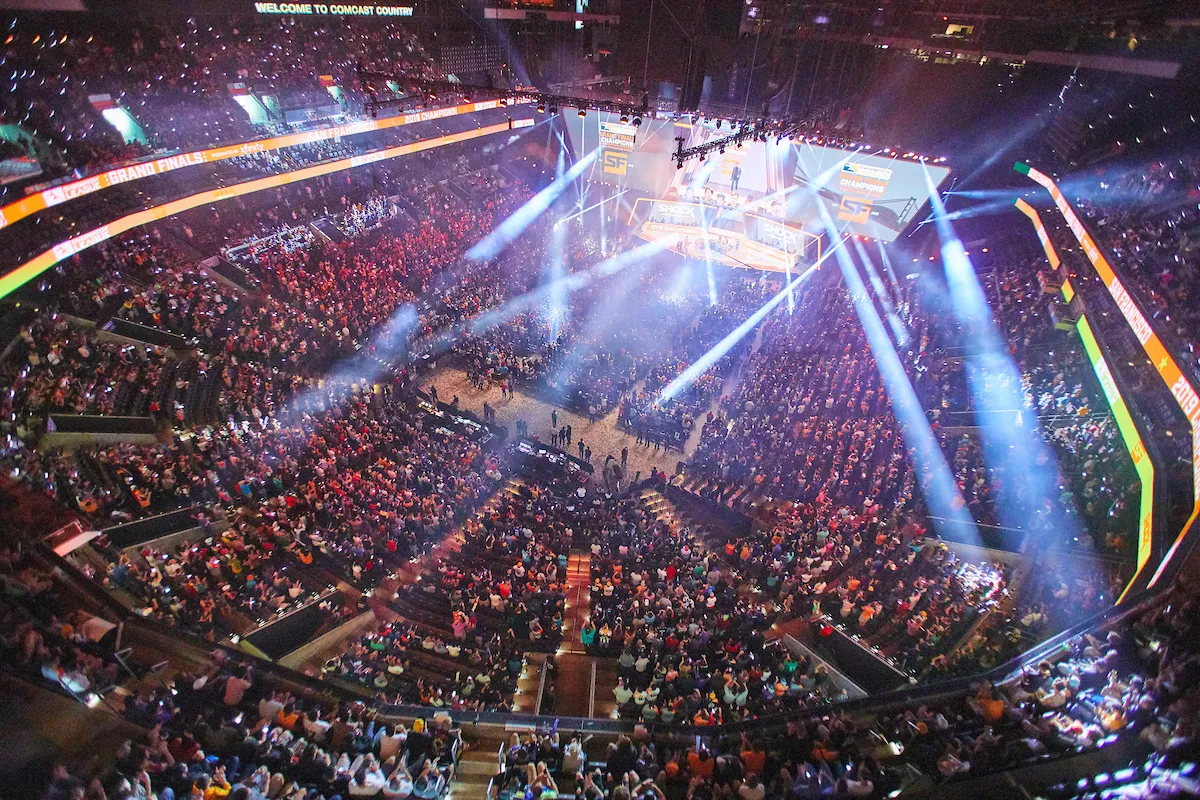
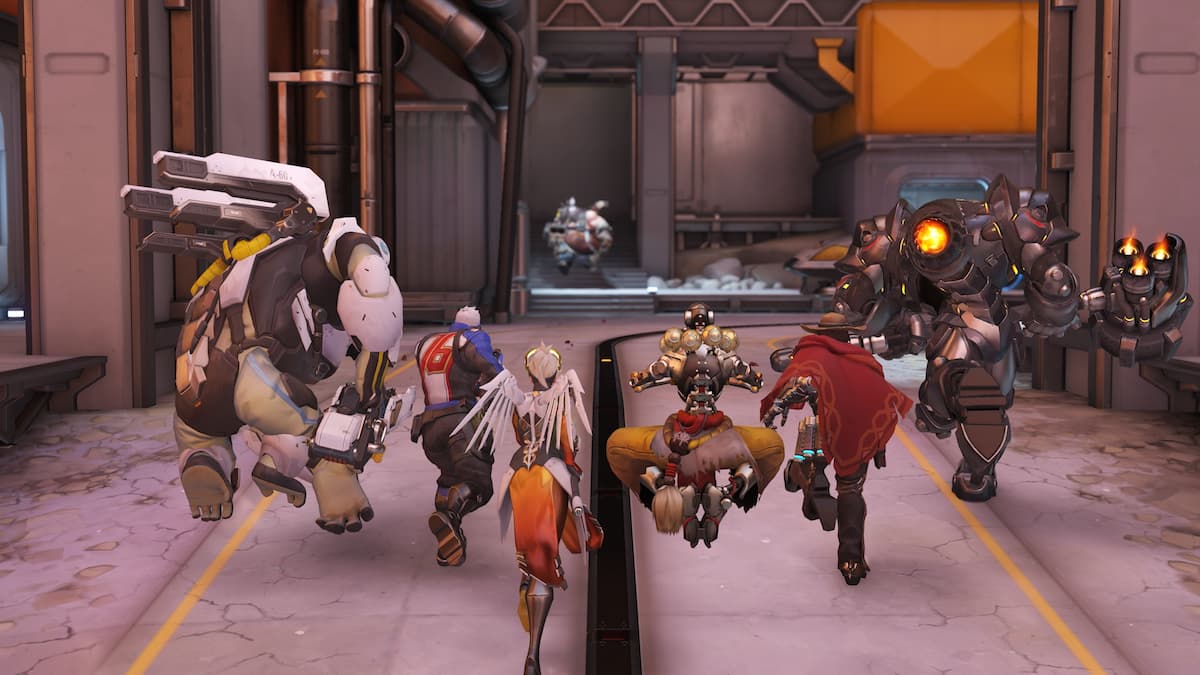

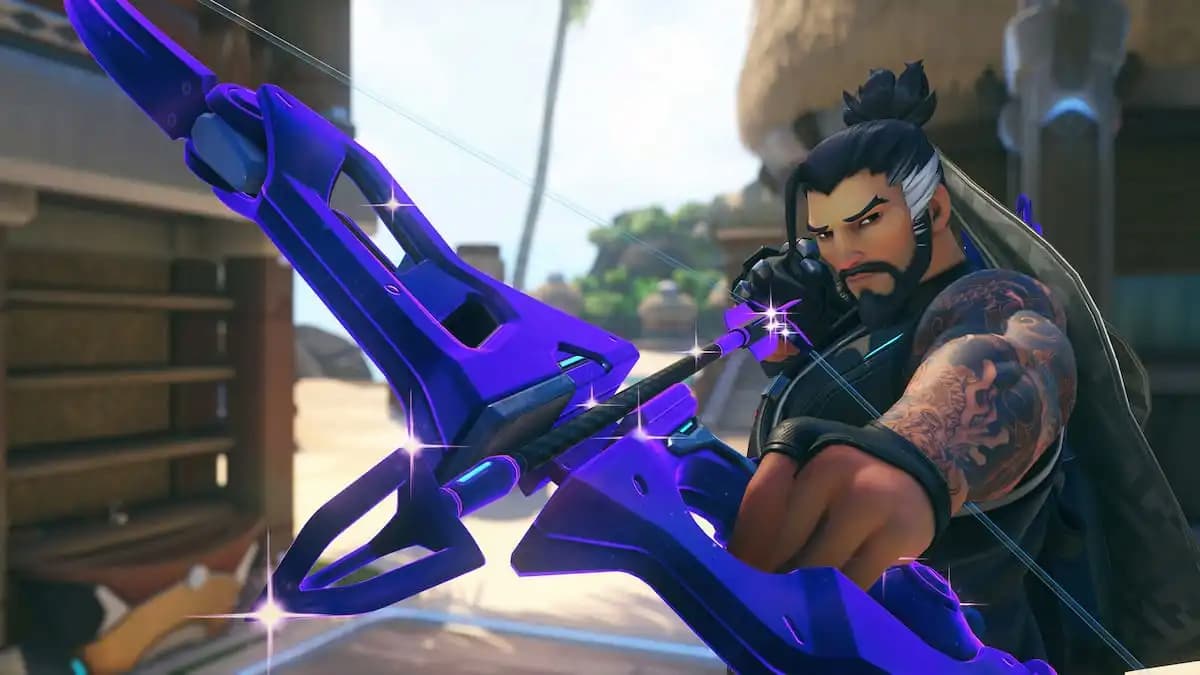
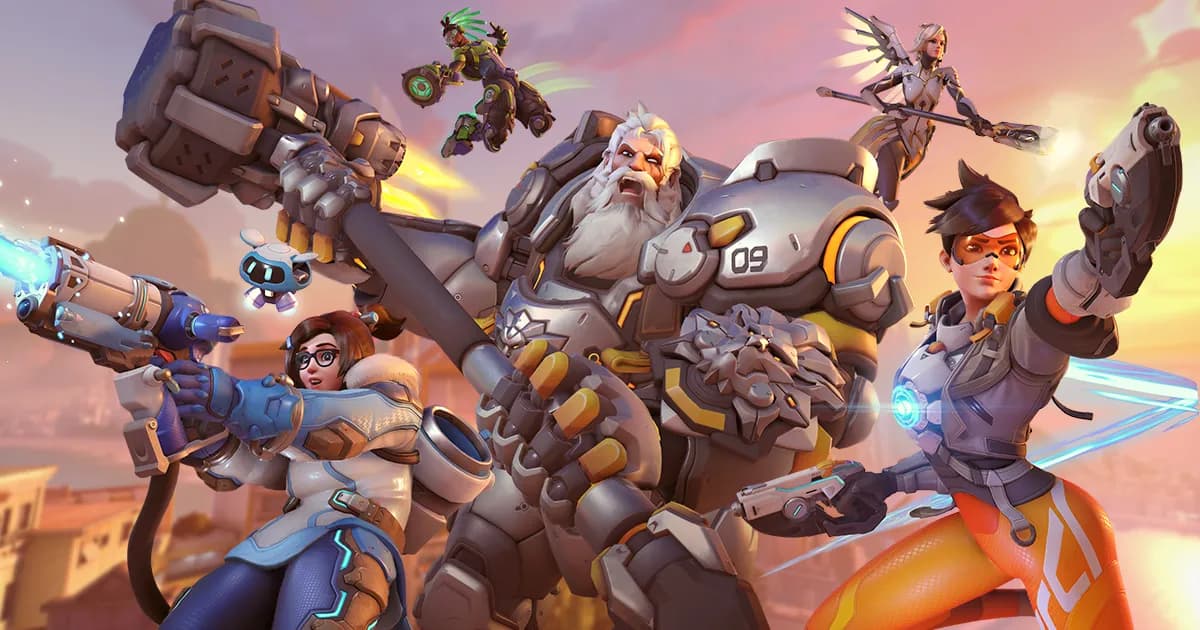
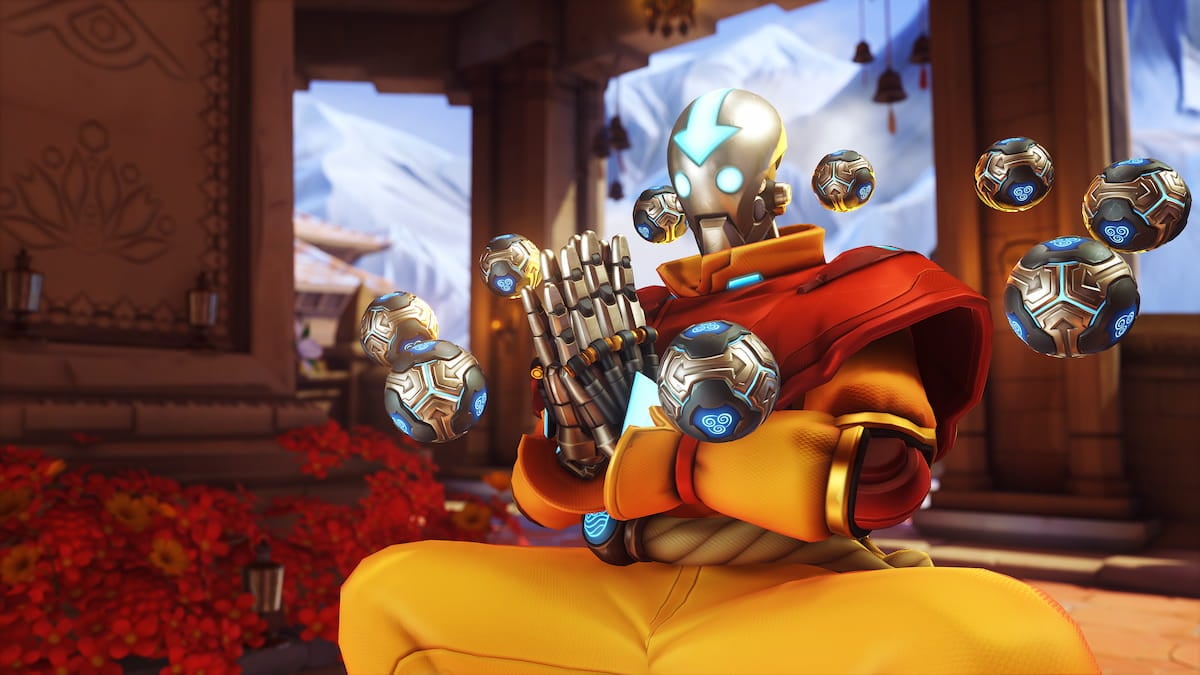
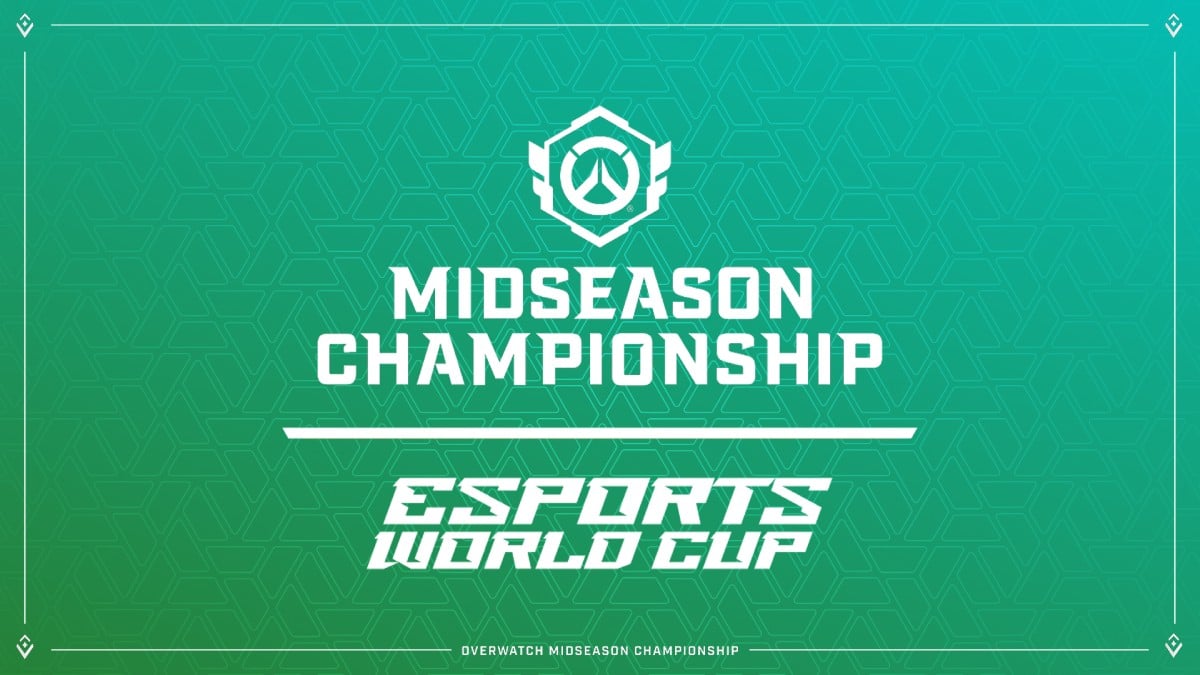
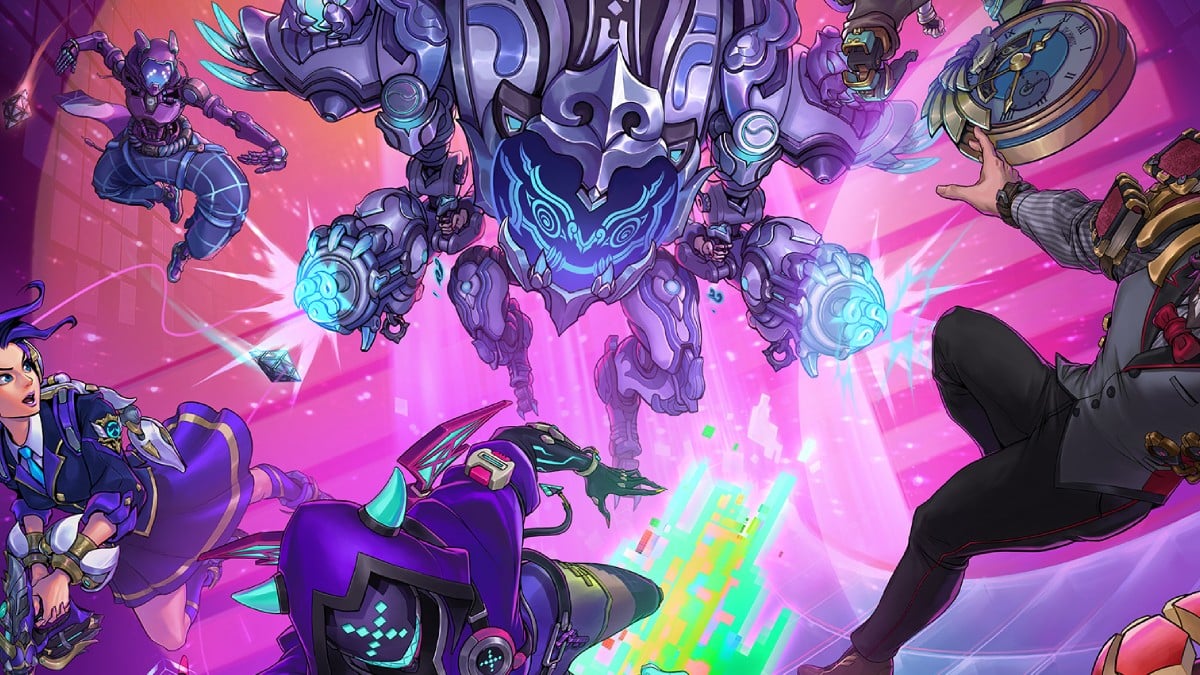
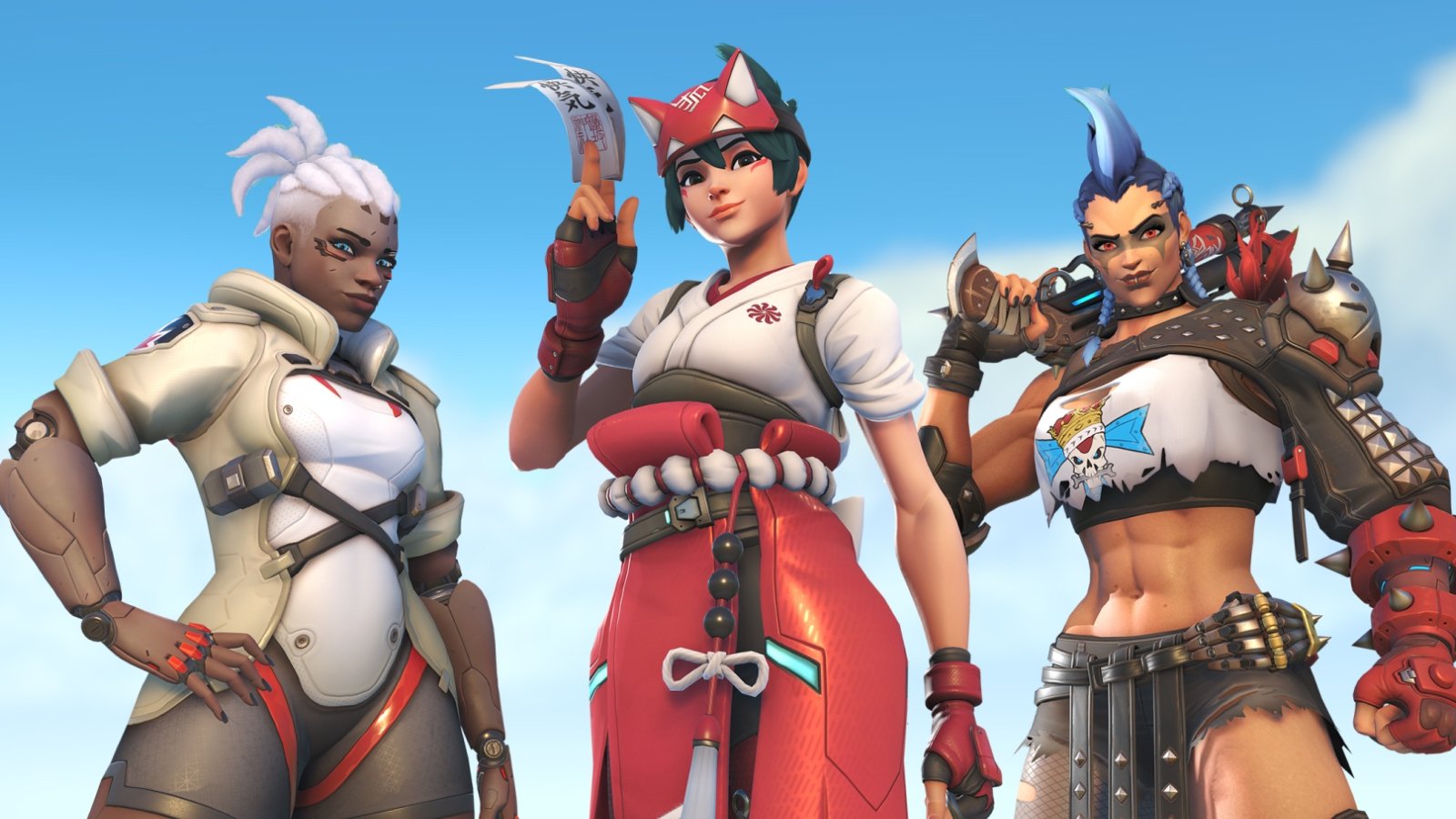
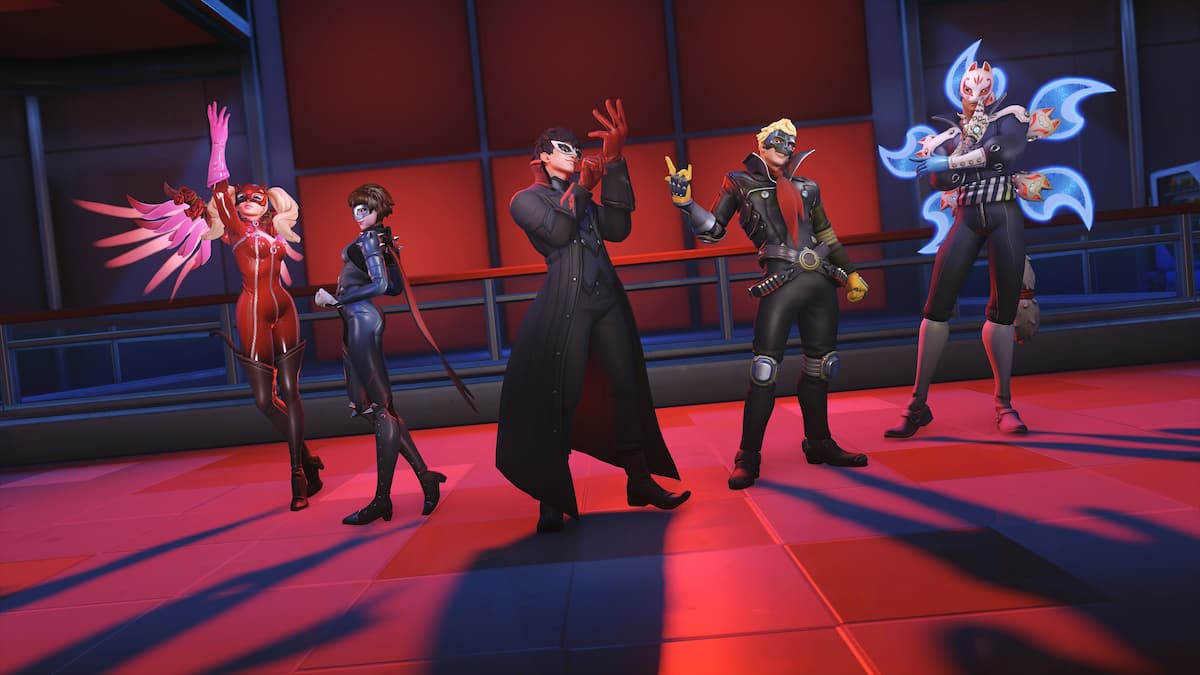

Published: Apr 23, 2020 04:36 pm